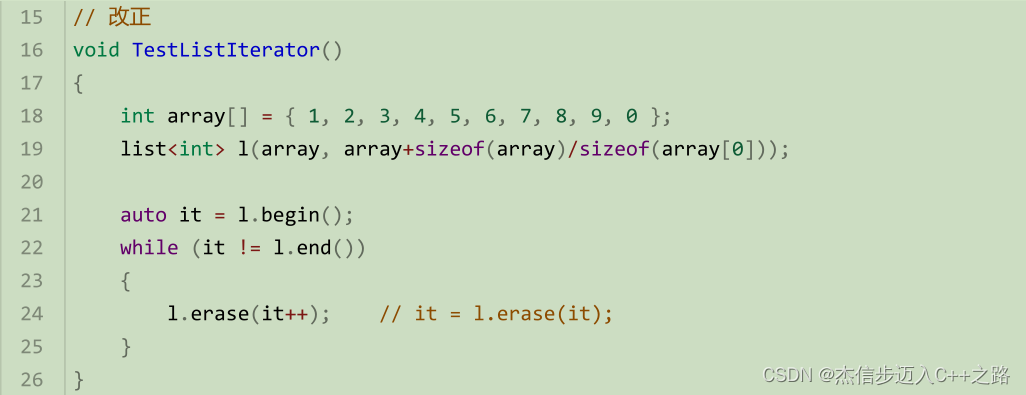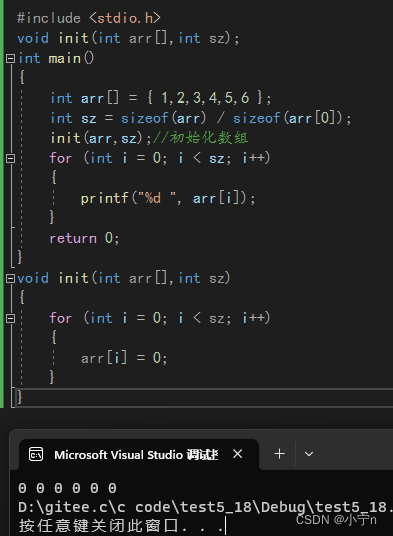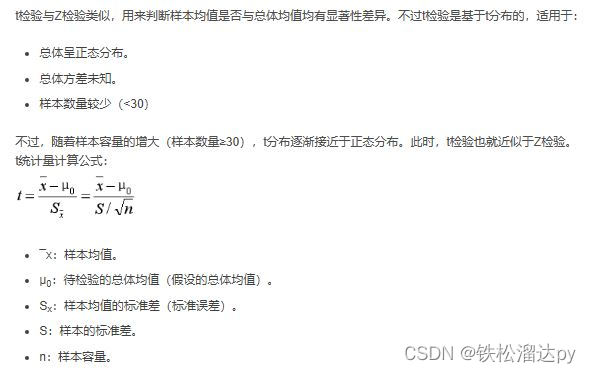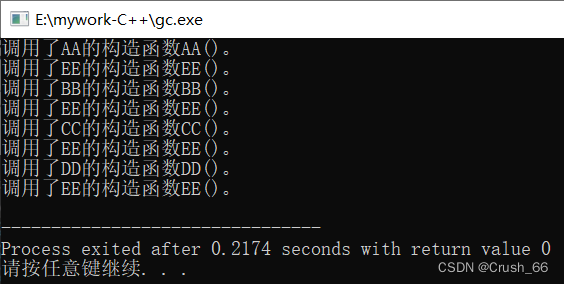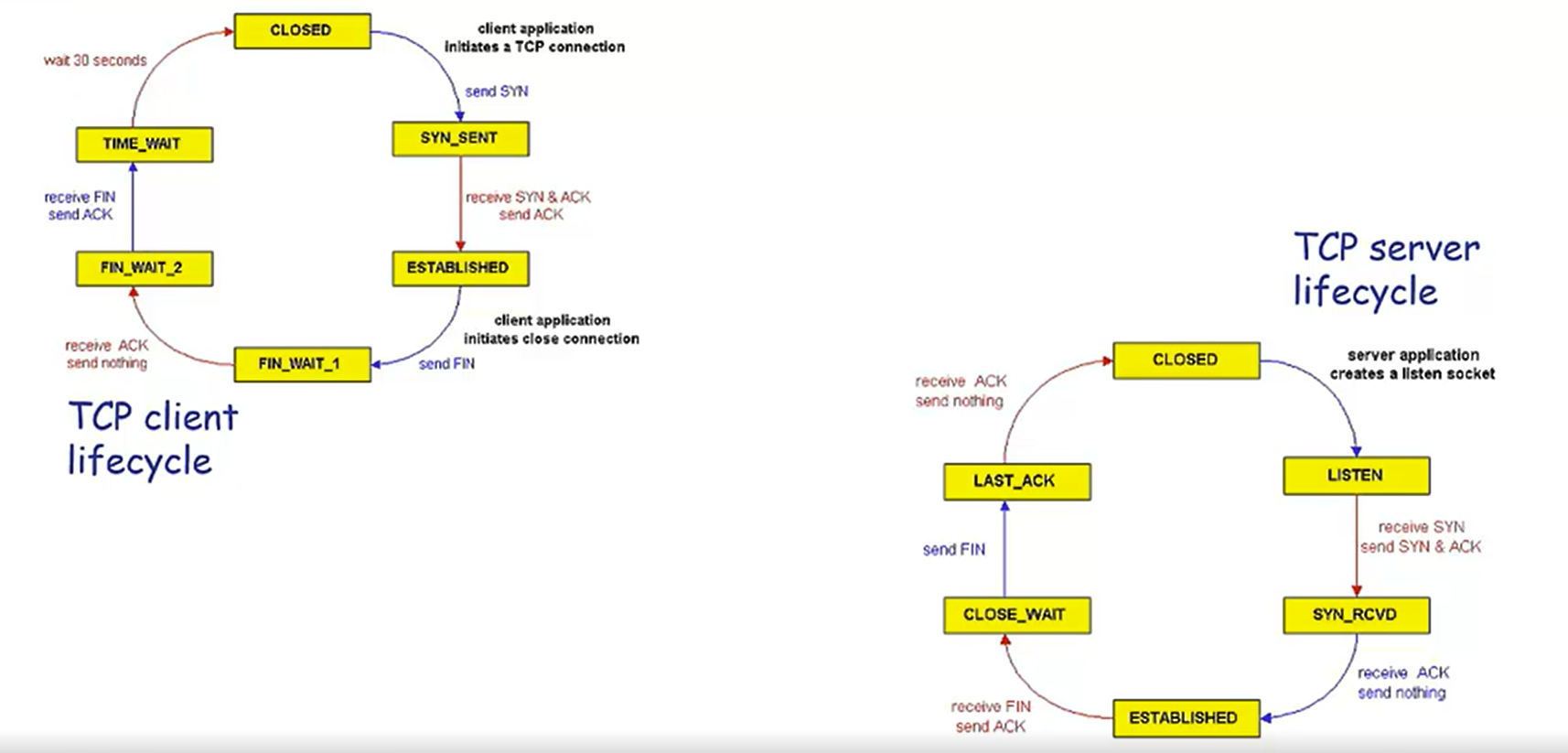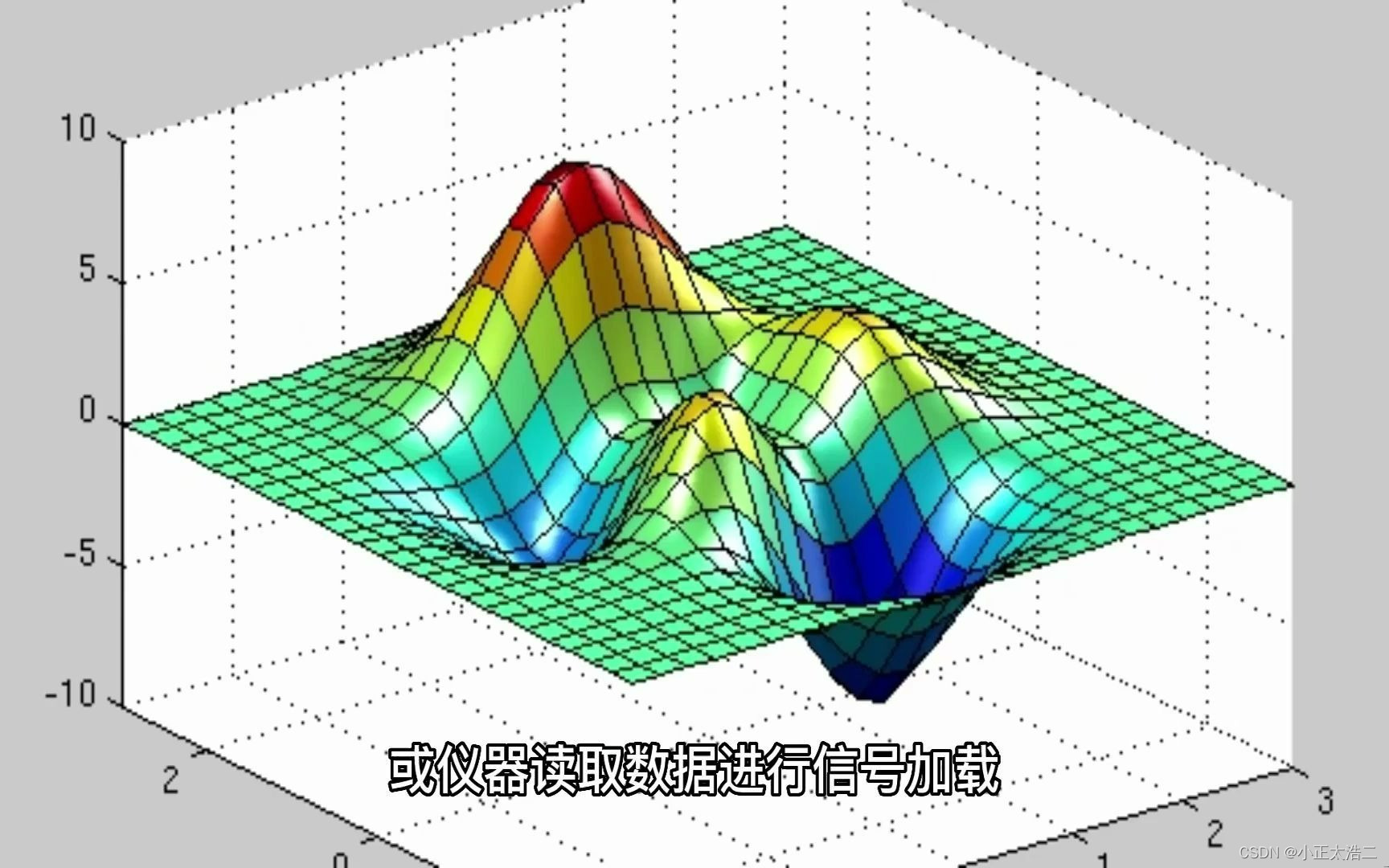目录
学习目标
学习内容
理论基础
509. 斐波那契数
70. 爬楼梯
746. 使用最小花费爬楼梯
学习目标
- 理论基础
- 509. 斐波那契数
- 70. 爬楼梯
- 746. 使用最小花费爬楼梯
学习内容
理论基础
problems/动态规划理论基础.md · programmercarl/leetcode-master(代码随想录出品) - Gitee.com
https://gitee.com/programmercarl/leetcode-master/blob/master/problems/%E5%8A%A8%E6%80%81%E8%A7%84%E5%88%92%E7%90%86%E8%AE%BA%E5%9F%BA%E7%A1%80.md
509. 斐波那契数
509. 斐波那契数 - 力扣(LeetCode)
https://leetcode.cn/problems/fibonacci-number/
class Solution:
def fib(self, n: int) -> int:
def dfs(i):
if i<2:return i
return dfs(i-1)+dfs(i-2)
return dfs(n)class Solution:
def fib(self, n: int) -> int:
@cache
def dfs(i):
if i<2:return i
return dfs(i-1)+dfs(i-2)
return dfs(n)class Solution:
def fib(self, n: int) -> int:
if n<2:return n
f = [0]*(n+1)
f[1]=1
for i in range(2,n+1):
f[i] = f[i-1]+f[i-2]
return f[n]class Solution:
def fib(self, n: int) -> int:
if n<2:return n
a = 0
b = 1
for i in range(2,n+1):
a,b=b,a+b
return b70. 爬楼梯
70. 爬楼梯 - 力扣(LeetCode)
https://leetcode.cn/problems/climbing-stairs/
class Solution:
def climbStairs(self, n: int) -> int:
@cache
def dfs(i):
if i<2:return 1
return dfs(i-1)+dfs(i-2)
return dfs(n)class Solution:
def climbStairs(self, n: int) -> int:
if n<2:return 1
f = [1]*(n+1)
for i in range(2,n+1):
f[i]=f[i-1]+f[i-2]
return f[n] 746. 使用最小花费爬楼梯
746. 使用最小花费爬楼梯 - 力扣(LeetCode)
https://leetcode.cn/problems/min-cost-climbing-stairs/
class Solution:
def minCostClimbingStairs(self, cost: List[int]) -> int:
@cache
def dfs(i):
if i<2:return 0
return min(dfs(i-1)+cost[i-1],dfs(i-2)+cost[i-2])
return dfs(len(cost))class Solution:
def minCostClimbingStairs(self, cost: List[int]) -> int:
n = len(cost)
f = [0]*(n+1)
for i in range(2,n+1):
f[i] = min(f[i-1]+cost[i-1],f[i-2]+cost[i-2])
return f[n]